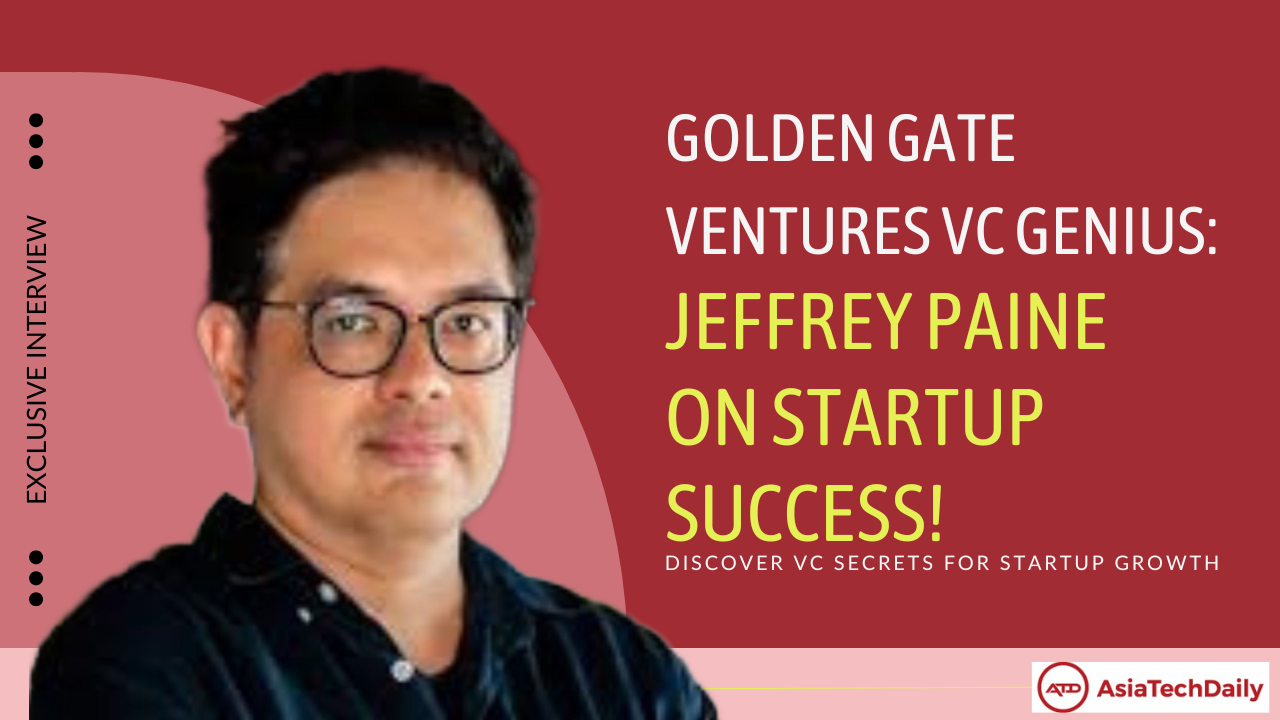AsiaTechDaily – Asia's Leading Tech and Startup Media Platform

Rachel Lau, RHL Ventures – A Visionary And Innovative Investor
Rachel Lau is a visionary investor backing sustainable and resilient businesses across South East Asia. She sets herself apart by her out-of-the-box thinking. Ms. Lau believes in hard work and conducting detailed due diligence on a business before investing.
Rachel Lau is the Managing Partner at RHL Ventures which is a Southeast Asian private investment firm that focusses on growth capital investment in the US and South East Asia region. This Malaysia based company is a multi-family private investment firm that believes in driving transformative growth by fueling the growth of small and medium-sized companies as well as ASEAN-linked startups.
Prior to establishing RHL Ventures, Ms. Lau was the Vice President at Heitman Investment Management in Hong Kong and Australia. Before joining Heitman, Ms. Lau worked as an investment analyst with NN Investment Management. In her tenure with NN Investment Management, Ms. Lau worked in the Emerging Market Debt team in Atlanta, Asian Equities Team in Hong Kong, and Multi Assets Strategies in New York.
Ms. Lau has done her graduation in Bachelor of Commerce from Australian National University and received a Master of Law degree from the University of Sydney. She also represented Malaysia in the sport of rhythmic gymnastics. Presently she is the president of the Malaysian Gymnastics Federation and serves on the Leadership team of the Hong Kong chapter of Ellevate.
Rachel Lau’s rich and extensive experience in investing, corporate advisory, and capital markets have helped her in making RHL Ventures a success.
Read on to know more about Rachel Lau’s philosophies, the startups that she wants to back, and a lots more.
What background and domain expertise do you have? And what makes you an investor?
Rachel Lau: I have 10 years of public and private investing experience.
As an investor, what kind of startups have you invested in? And how did you find those startups to invest in?
Rachel Lau: Health Tech, Healthy Snacks, Online Platform, AI chatbot, Dating app. We have a diversified portfolio as we are a VC that is sector agnostic. The startups have come through referrals and active deal sourcing from pitch events.
What would be the core factors that would make you decide not to invest in certain companies?
Rachel Lau: Is there a need for the product? Is the management team capable? How is the traction so far? Has the product or service been validated in the market? Is the company burning aggressively to acquire more users? Market size, management quality, and operational excellence is something we look at when evaluating a startup.
Ultimately, investing is as much as art as it is science. Therefore, there needs to be a balance between quantitative and qualitative factors that are inputted in an investment decision.
What would be the KPI you usually check about the startups’ growth? It may be diverse in industries like LTV, CAC, MoM, etc., but would be helpful to understand more about your additional investment factors.
Rachel Lau: We check on metrics like LTV, CAC, MoM, ARPU as they are good indicators when checking a startup’s performance. Aside from that, we also look at financial histories such as revenue growth and cost growth. However, those metrics alone don’t determine our investment decision. Our KPI is not heavily based on just metrics, but we look at a broader picture such as, What is the company’s goal? What are their plans moving forward in the next year? What revenues are they planning to hit at the end of the year? How many more users/customers they are planning to capture? We normally check back with the company in 6 months or less to see if they have hit their target as this will give us an indicator of whether the startup is capable and worth the investment.
What is the investment range and in a typical year, how many startups do you invest in? And can S. Korea headquartered startups get investment from you or should they be headquartered in certain countries?
Rachel Lau: Our investment ticket size can range up to US$5mil depending on how attractive the deal is. We aim to at least invest into 6 startups a year. Our investment focus is in Asia, but we are also keeping our doors open globally. As long as the startup shows high potential for growth and needs strategic capital to scale their business and especially into Southeast Asia or Malaysia, there is a strong chance for them to receive investments from us. To answer the question, yes there is a chance for South Korean startups to receive investments from us.
Can you list one company you have passed (rejected) investment before but think you should have invested in that company. If there is any, why do you think you missed that investment opportunity?
Rachel Lau: Companies that were a missed investment opportunity is mostly due to the stage they are in. Often people come to us on the ideation stage and that’s something we do not do.
What are the main factors that startups fail as per your experience after getting investment and how can they prevent mistakes in advance from your personal perspective?
Rachel Lau: Reports show that 70% of startups that receive seed capital cannot raise their next round and eventually fail. There are many reasons startups fail. Just to name a few, there is no market fit for the product, the management team isn’t capable, failure to pivot the business model if something is not working well, careless financial spending and ultimately failing to raise the next round.
There are just too many reasons a startup can fail and it’s difficult to tackle each one of the problems. However, precautionary steps can be taken to avoid a downfall. Founders can do so by picking the right co-founder/partner that shares the same vision and passion and also hiring the right team able to turn this vision into reality. This is the core and fundamental structure of how the startup should be. The next steps such as product, team communication, etc can slowly be built on. Another advice is not to raise at a high and unrealistic valuation. It may feel and look nice for a moment but it can also be the downfall of a startup.
What’s your advice to entrepreneurs who meet investors like you? And what are the top 3 questions you always ask founders?
Rachel Lau: Founders should be open to feedback and criticism be it a first-time founder or an experienced founder with successful exits.
What’s your background? What made you decided to start this? What is your end game goal?
What’s your general thought about the term “Global” and what are the important factors (criteria) for Korean startups to consider for international expansion?
Rachel Lau: One of the most important criteria is for Korean founders to pick up English if they wish to expand internationally. The language barrier is one of the challenges. Often, I’ve seen Korean founders with some great ideas, but because they lack proficiency in English, it becomes a challenge for them to convey the message they seek to share and often the meaning may even get misinterpreted.
Our company name is “beSUCCESS”, what’s your definition of the term “success” as an investor or as an individual human being?
Rachel Lau: If I invested in a startup that gives me good returns, that means success as an investor. But it does not always have to be making the right investments. If I achieve something that I have planned for, that already means success to me.
What are the one or two things you would do differently if you could go back to 10 years ago?
Rachel Lau: Start my own ride-hailing app, or create my social media platform, or may be invested in BitCoin!
When you come to Korea next time, what kind of Korean entrepreneurs and startups you want to meet?
Rachel Lau: I want to meet young, hungry, passionate entrepreneurs looking to disrupt the market, not just in Asia but globally. Someone with their skin in the game and not in it because of the easy money or fame. I want to meet a Korean entrepreneur looking to be the next unicorn.
You can follow Rachel Lau here.
Are you looking to secure investment for your startup or a keen startup enthusiast, keep an eye on our interview section.
Follow Asia Tech Daily to know about the innovative startups and how they are revolutionizing the ecosystem.





